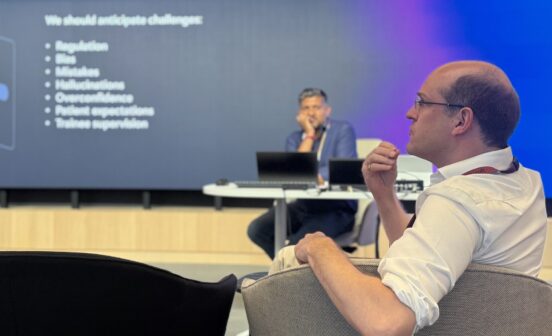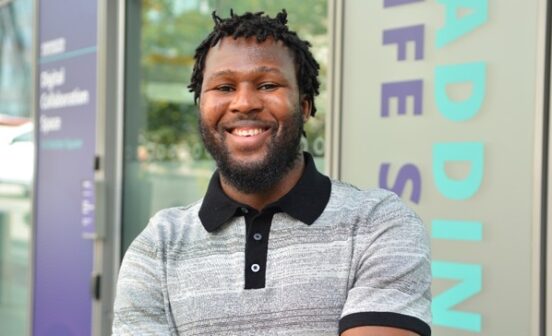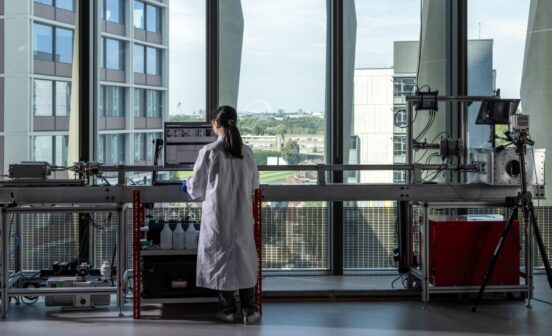Informatics Approaches iCARE Director talks digitalising the NHS on the Health Foundation Podcast

Dr Erik Mayer, Consultant Surgeon, Transformation CCIO, Clinical Reader and Director of the iCARE digital health research facility and Secure Data Environment, recently joined The Health Foundation’s latest podcast episode to discuss the NHS’s journey toward digital transformation.
In the episode, titled “Analogue to Digital in the NHS: Is the Shift Within Reach?”, Dr Mayer, who is also the co-lead for the NIHR Imperial BRC Digital Health Theme, offers his insights into how data-driven approaches can reshape healthcare delivery. Drawing from his extensive experience at iCARE, Dr. Mayer highlights the role of clinical analytics in creating more efficient, patient-centred care systems.
Key discussion points
The Evolution of Electronic Patient Records (EPRs)
Dr Mayer underscores the importance of meeting the NHS target of universal EPR implementation by 2026, noting that while most NHS trusts have adopted EPRs, the real value lies in how they are used. “EPRs are not just a repository for patient data—they’re the backbone of modern clinical workflows,” said Dr Mayer. He emphasised the need for seamless integration into day-to-day operations to empower clinicians with real-time insights that drive improved decision-making, reduce administrative burdens, and enhance patient safety.
Bridging Data Gaps for Better Outcomes
Achieving true digital maturity requires NHS organisations to go beyond basic digitisation, Dr Mayer explained. He discussed the need to interlink data across acute, primary, and community care settings to create a longitudinal view of a patient’s journey. By doing so, clinicians can access actionable insights that support preventative care, identify health trends, and improve population health outcomes. “The goal is to break down silos and enable holistic, patient-centred care at scale,” Dr Mayer stated.
Data Security and Public Trust
As healthcare systems increasingly rely on digital tools, Dr. Mayer highlighted the challenges and opportunities of ensuring patient confidentiality while centralising data for research. He stressed the importance of transparent communication to build public trust. “We need to engage with patients and communities about how their data is used and the safeguards in place,” he said. By aligning technological advancements with ethical frameworks, organisations like iCARe aim to foster a culture of trust while maximising the potential of digital innovations.
Research and Collaboration at iCARE
Dr. Mayer showcased how iCARE’s work is at the forefront of digital healthcare innovation. The unit leverages advanced analytics and machine learning to derive real-world evidence, informing clinical trials and care improvements. Partnerships with academia, the NHS, and industry are central to this mission. He cited examples of how iCARE has worked with clinicians to develop tools that predict surgical risks and optimise resource allocation. “Collaboration is the cornerstone of meaningful progress,” Dr Mayer explained, adding that such partnerships are essential to address both immediate healthcare challenges and systemic issues like health inequalities.
Reflecting on his participation, Dr Mayer remarked, “Digital transformation is not just about implementing new technology—it’s about integrating data into every level of care, empowering clinicians, and building trust with patients. At iCARE, we are committed to accelerating this shift to deliver safer, more equitable, and personalised care.”
The full podcast episode is available on The Health Foundation’s website.





